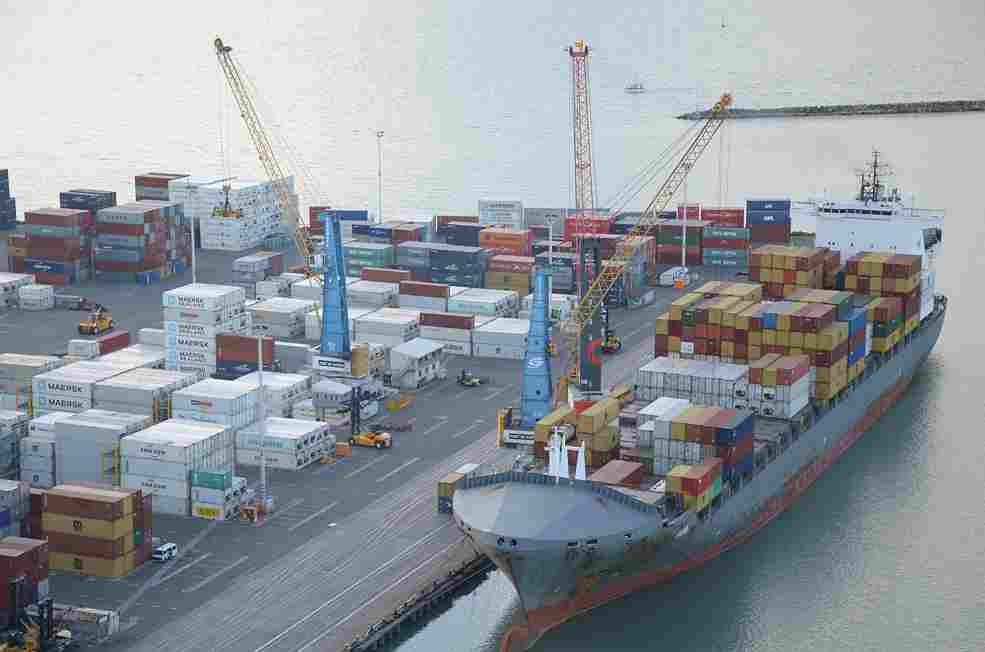
The Role of Ship Owners and Operators in Bunker Fuel Management
Efficient bunker fuel management is a cornerstone for ship owners and operators navigating the intricacies of maritime operations, regulatory compliance, and financial prudence. This article explores the pivotal role ship owners and operators play in overseeing bunker fuel management, detailing strategies, challenges, and the evolving landscape of fuel management within the maritime industry.
Strategic Fuel Procurement
Ship owners and operators are responsible for procuring bunker fuel that not only meets stringent regulatory standards but also optimizes operational costs. Key considerations include evaluating fuel quality, navigating price fluctuations, ensuring supply chain reliability, and adhering to international norms such as MARPOL Annex VI. Procurement decisions involve selecting reliable fuel suppliers, negotiating contracts, and effectively managing fuel delivery logistics to ensure seamless vessel operations.
Enhancing Operational Efficiency and Fuel Conservation
Efficient fuel consumption is critical for reducing operational expenditures and environmental impact. Ship owners and operators implement various strategies to enhance fuel efficiency:
- Route Optimization: Utilizing advanced voyage planning tools and weather routing services to identify optimal routes that minimize fuel consumption based on weather conditions, ocean currents, and vessel specifications.
- Speed Management: Implementing strategies like slow steaming to achieve fuel savings while maintaining schedule adherence and operational efficiency.
- Technological Investments: Investing in fuel-efficient propulsion systems, advanced hull designs, and energy-saving technologies such as waste heat recovery systems to boost overall vessel efficiency and decrease fuel consumption.
Adherence to Regulatory Standards
Compliance with international regulations, particularly MARPOL Annex VI, remains paramount in bunker fuel management. Ship owners and operators must ensure vessels comply with strict emission limits, sulfur content regulations, and requirements within emission control areas. This entails using compliant fuels or alternative compliance methods like exhaust gas cleaning systems (scrubbers) and maintaining meticulous records for regulatory audits and inspections.
Risk Management and Financial Planning
Navigating fuel price volatility and operational risks presents significant challenges. Ship owners and operators employ robust risk management strategies, including:
- Fuel Price Hedging: Utilizing financial instruments such as futures contracts and options to hedge against fluctuations in fuel prices, thereby stabilizing procurement costs.
- Budgeting and Forecasting: Developing comprehensive budgeting and forecasting models to anticipate fuel expenses and mitigate potential price fluctuations through strategic financial planning.
- Building Operational Resilience: Diversifying fuel suppliers, establishing contingency plans for fuel supply disruptions, and maintaining transparent communication with suppliers and regulatory authorities to ensure operational continuity.
Promoting Environmental Sustainability
With an increasing focus on environmental stewardship, ship owners and operators are actively pursuing sustainability initiatives to reduce carbon footprints and minimize environmental impacts. This includes exploring alternative fuels such as liquefied natural gas (LNG), biofuels, and hydrogen, as well as adopting technologies that support cleaner energy solutions. These efforts not only align with regulatory requirements but also bolster corporate social responsibility and enhance industry reputation.
Future Trends in Bunker Fuel Management
The future landscape of bunker fuel management is expected to witness advancements in technology, regulatory frameworks, and market dynamics. Ship owners and operators are poised to embrace digitalization, artificial intelligence (AI)-driven solutions, and innovative fuel technologies to optimize efficiency and sustainability. Collaboration across the maritime supply chain and proactive adaptation to evolving regulatory mandates will be crucial in navigating future challenges and seizing opportunities in bunker fuel management.
Conclusion
Ship owners and operators occupy a pivotal role in the effective management of bunker fuel, balancing operational efficiency, regulatory adherence, and financial sustainability. Through strategic fuel procurement, operational enhancements, stringent compliance with regulations, proactive risk management, and commitment to environmental sustainability, ship owners and operators can chart a course towards success in a competitive and environmentally-conscious maritime industry.





